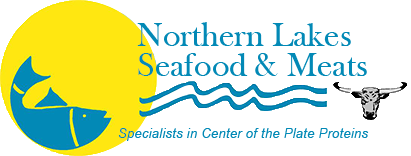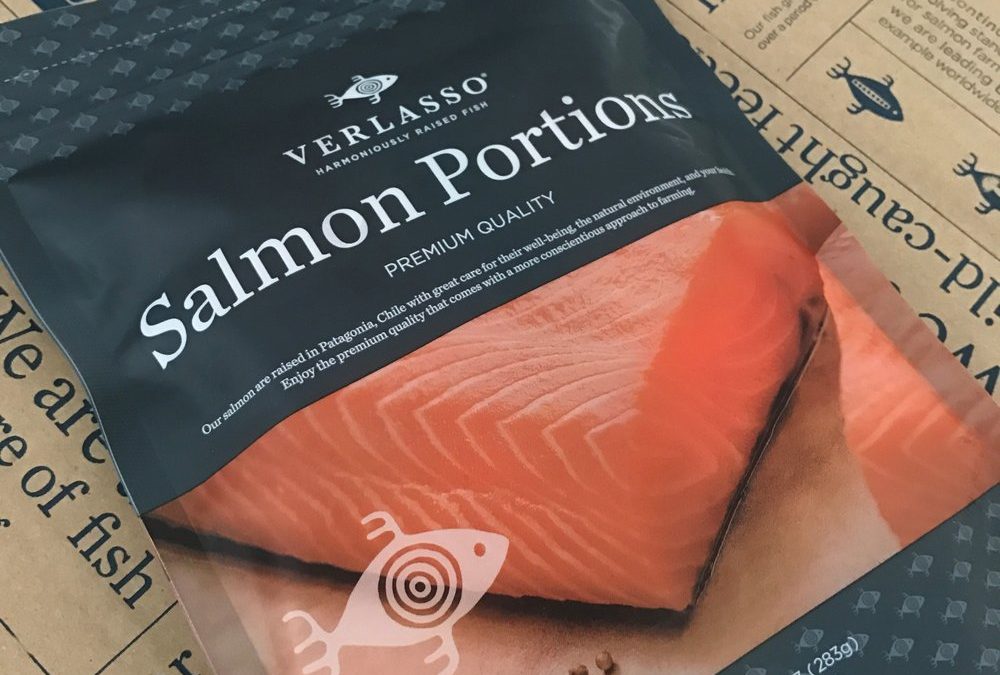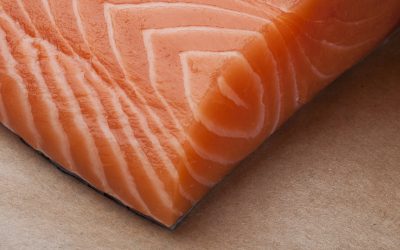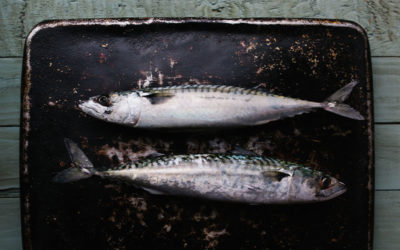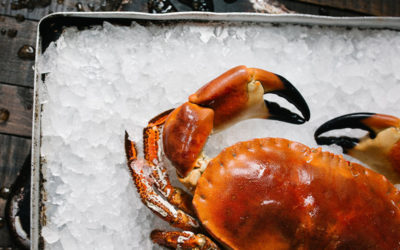
Verlasso Salmon is not only known for its clean, oily flavor, medium texture, and medium flake Atlantic Salmon. Verlasso has made sustainability synonymous with its brand. They chose the perfect breeding place to farm — the fjords of Chilean Patagonia. The crystal-clear waters of southern Patagonia are often considered the perfect place to raise salmon, because of the lower temperatures and stronger currents, the farm site develops a natural and nonstop filtration system. This method helps reduce the risk of pollutants contaminating the fish, as the contaminants are constantly streamed away by the currents.
Typically, farmed salmon take four or more pounds of feeder fish to produce enough fish oil to make 1 pound of salmon. Verlasso reduced the fish’s diet ratio to one-to-one and replaced a diet of omega-3s derived from genetically-engineered yeast. This is what has made the brand so special, because they help protect wild feeder fish populations, easing pressures on the ocean’s stocks of wild fish.
The aquaculture company does not use growth hormones. It observes vital requirements with known sustainable seafood advisory lists. When it comes to protecting the natural environment, Verlasso allows the water to stand uncultivated for a couple of months. During this period, they remove the nets and allow the area to restore to its natural state before they farm again.
When it comes to nets, Verlasso has developed technology to prevent algae growth on the pens, an alternative to the popularly used, harmful exposed copper wire. Traditional farm nets are prone to catastrophic incidents, like strong storms that lead to net collapse. Consequently, net collapses cause fish escapes and predator breaches, which can distort the surrounding marine life. If, however, an escape occurs, there are no wild salmon populations in the Patagonia region that would be affected.
Other eco-friendly measures include avoiding preventive antibiotics — Patagonia’s cold weather helps limit parasites that could culminate in disease. The salmon are also handled gently and harvested humanly in spacious pens (2 fish for every cubic ton of water). The deliberate effort, together with the natural surroundings, keeps the water pollutant-free.
Amidst the status quo in the aquaculture industry, with controversy among other farm pens, Verlasso seems to find good grounds to do business, while maintaining a fresh environment. Not many in the industry can compete with that, especially sustainably. Verlasso has received a “Good Alternative” rating from Monterey Bay Aquarium’s Seafood Watch, twice. There seems to be no stopping them anytime soon.

